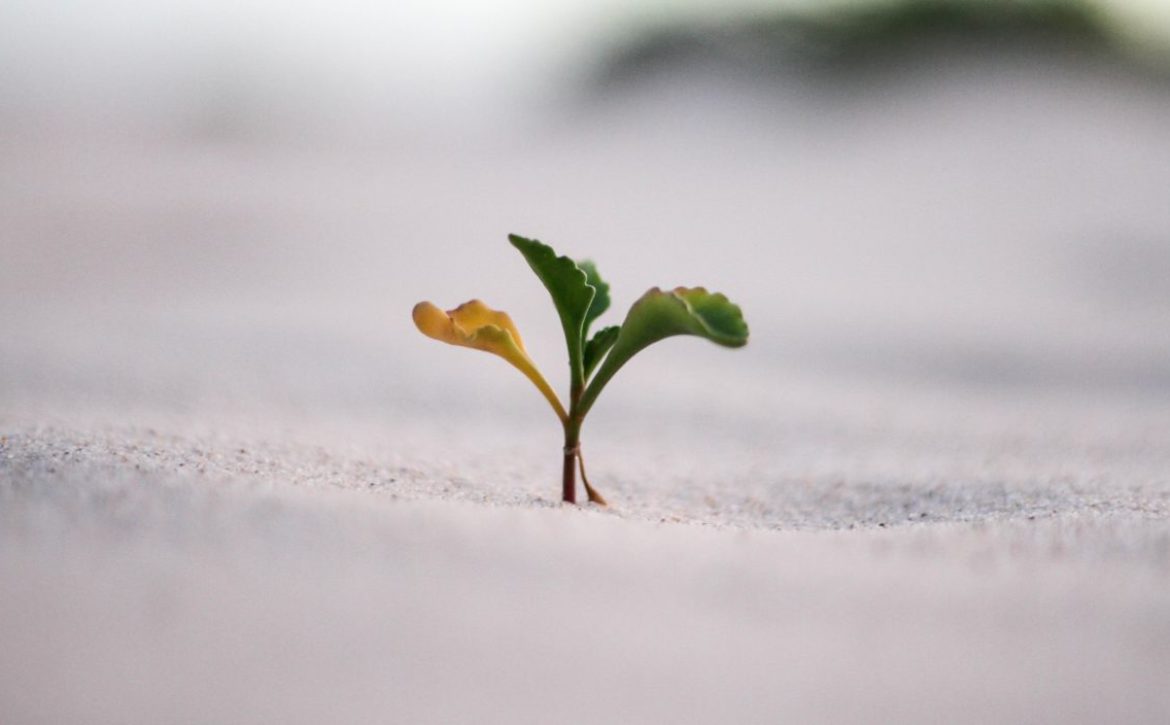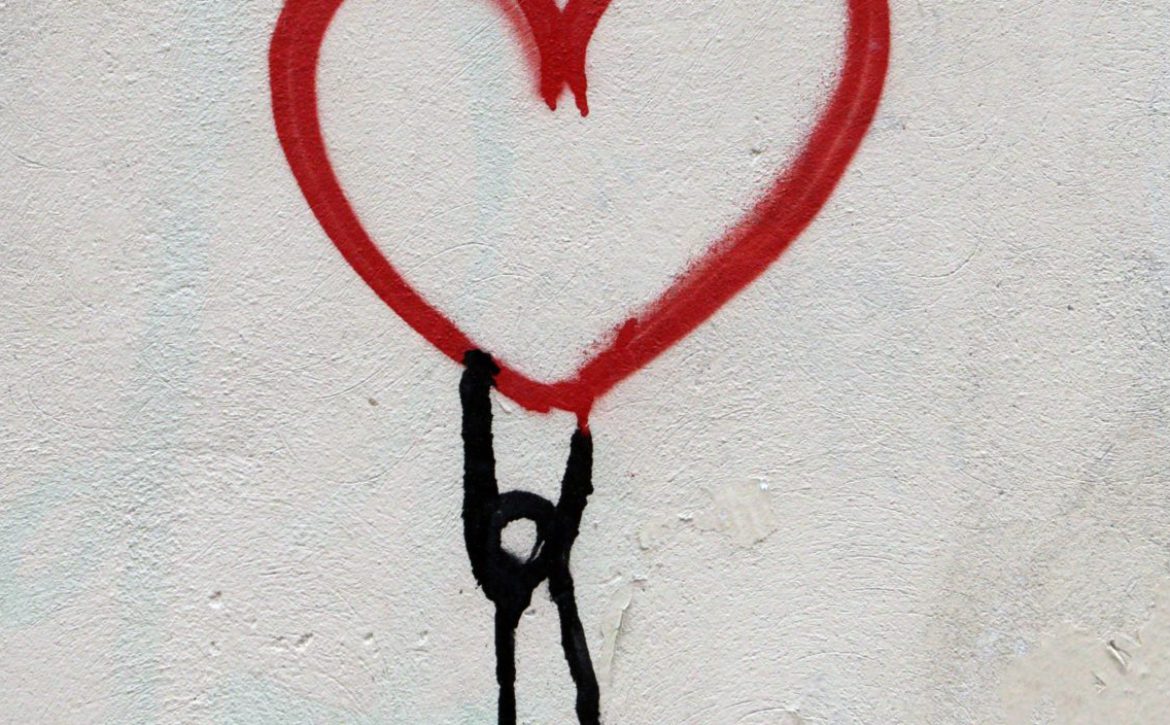Stop trying to fix the outside, work on the inside: Real, long-lasting, meaningful growth.
“Your soul needs time for solitude and self–reflection. To love, lead, heal and create, you must nourish yourself first.”
Linda Joy
There is the part of you that is visible to the world, and the other part is almost invisible, only showing itself to those who are chosen by you. It’s the intimate, vulnerable, sacred part of you that you keep away from the world. It’s also the part that feels, chooses, and directs you. Despite its essential role, many people spend a lot of time on the visible part of themselves- spending a lot of time on their outward self, dieting, grooming, exercising, clothing, buying, covering “flaws.” However, despite the immense efforts to present this outer self as flawless and powerful, many individuals find themselves struggling to keep up, catch up, or let go; in fact, no effort ever seems enough. There is always more to do. This struggle can encompass one’s life as they become blinded to their inner world, which, if cultivated, can be the road to freedom and living a meaningful life.
I find many people living as if on a battleground, as they consistently look for ways to fine-tune themselves for the outer world, without realizing that real change comes from within. This is akin to trying to change a fruit once it’s grown onto a branch. To grow good fruit, we must first tend to the root of the tree, its soil composition and what we put into it daily.
Disclaimer: Don’t get me wrong, I am a proponent of self-care, body, mind, and soul. This means I also value my outer self; exercising to stay fit, grooming myself, and dressing up to please the eye. The issues arise when and if our outer part becomes the sole focus, whereby taking care of it does not bring us inner joy. Taking care of our outward self becomes a chore or a way to fit into circles or look like others. These problems usually take the form of low self-esteem, low self-worth, and self-criticism, all of which can lead to mental health issues such as anxiety and depression. This is because keeping up with social media trends can be consuming and, in fact, unattainable. Most of it requires us to be able to keep up with the latest trends, defy genetics, and or fight ageing.
Instead, a shift to your inner world can be transforming and, in fact, turn the very things you do for your outer world into meaningful acts that allow you to live a fulfilled life. When you start to look at the needs of your inner world, your decision making will also start to change You may make wiser decision on who to follow on social media, seeing others glory won’t bring you down, follow people that are good for you, have realistic and attainable goals for yourself, become kinder to yourself, rejoice in your accomplishments and start wanting good for yourself
5 Tips to tend to your inner world.
- Self-compassion: Remember that struggling is part of being human. You are not alone; you are connected to others who also have struggles and trials similar to yours. By connecting to others, we learn of solutions to problems instead of feeling stuck alone. Self-compassion also allows us to do things for ourselves out of love instead of beating ourselves up and being critical. For instance, exercising because your body deserves to feel good, not because you need to look a certain way.
- Mindfulness: Take some time in the day to connect with your present moment. Remember that our mind thinks-its job is to generate thoughts. The mind does not care whether it is thinking about the past or the future, reality, or if it is dreaming. By bringing your mind to the present moment, you train it to stay with you instead of going into thoughts about times where you had no control or have no control. In your now, you can choose which path to take. Mindfulness allows you to slow down, to reflect, to connect, and to be at peace with this very moment.
- Journal: make a list of things you do, people you are connected with, and things that you own. Now ask yourself, what good do they bring to me? Or what good do I bring to them? How can I connect again? What do I need to remove from my life? Who do I need to take a break from? What and who do I follow on social media that brings me no value?
- Strengths: define the things that you are good at, for example, are you a compassionate person? What are the things, people, and events that you care about? What can you do to get involved or make a difference? What causes speak to you? Are you creative? What can you do to foster that talent?
- Self-reflection: make a regular practice to sit with yourself and ask yourself the questions above. Add to the list: what thoughts have been running through my mind lately? How am I feeling lately? What am I doing to stay there? What have I stopped doing? What can I add to my life that is easy to do right now? Who do I need to turn to? What do I already know that I can implement now? This practice allows you to get into a habit of processing your thoughts and feelings and getting the support you need. Without self-reflection, you continue to move in the world on automatic, just repeating the same actions and behaviours that may not bring you joy.
“I have set inner peace as my highest goal, and I organize everything in my life around that.”
Clyde Lee Dennis
Experience a profound transformation by shifting your focus from fixing the outside to nurturing the inside with Cedarway Therapy’s holistic services. Our experts are always ready to help you with issues such as insomnia, burnout, grief, and many more. Discover the path to real, lasting, and meaningful growth within yourself. Embrace a journey of self-discovery and inner fulfillment – start today with Cedarway Therapy and unlock your true potential!

Reena Vanza
Reena is a Registered Psychotherapist who treats individuals, couples, and groups for various issues including anxiety, depression, trauma, grief, relationship, and parenting issues. Her approach to therapy is holistic, integrative, and trauma-informed.








